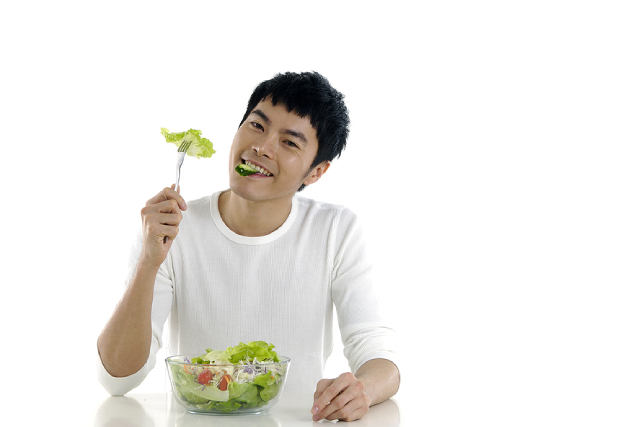Hair loss is a natural part of ageing for many around the world. Although this phenomenon is typically associated with men, hair loss and hair thinning are things women also experience as they grow older into their 40s or 50s.
Whether it’s because of one’s genes or other factors, hair loss can occur to anyone and everyone. However, despite the availability of solutions such as hair replacement systems that deal with hair loss, prevention is always better than a cure, and it starts with your diet.
Read on as we reveal the seven best foods proven to help reduce the risk of losing your hair.
Eggs
Easy and readily available anywhere, eggs are not just simple and convenient to prepare, but they also come loaded with various vitamins, nutrients, and minerals, all in a small package. Of these numerous compounds, protein, zinc, biotin (a type of B vitamin), and selenium are the ones that directly contribute to healthier hair.
If one’s diet does not contain enough protein as per the Reference Daily Intake (RDI) recommendation, hair growth may enter the “resting phase” and result in less hair growth, consequently leading to hair loss.
Meanwhile, biotin is an essential vitamin necessary for hair health, with its deficiency being linked to not just hair loss but also loss of hair colour. Since biotin can only be found in egg yolks, it’s best to avoid skipping them altogether.
Spinach and other leafy greens
Leafy greens such as spinach, kale, and collards all contain vitamin A and B, beta carotene, folate, and iron.
Iron is most notably important since a deficiency of the element in the human body has been linked to numerous different types of hair loss, according to the World Health Organization (WHO).
Vitamin A is the next key nutrient that plays a critical role in hair health due to its part in sebum production, protective oil that moisturises one’s scalp.
Fatty fish
Omega-3s and other essential fatty acids found in fatty fish such as tuna, mackerel, salmon, and herring have been suggested to aid in hair growth by promoting its growth phase or keeping it in said phase for longer. These fishes are also good sources of B vitamins, protein, and selenium, all of which have a hand in promoting the health of one’s hair.
Nuts and seeds
Nuts and seeds are known for being nutrient-packed foods that contain vitamin E, selenium, zinc, and Omega-3 fatty acids, all of which play a role in preventing hair loss.
Specifically, zinc and selenium are critical trace elements essential for hair growth that the human body can’t produce on its own. To keep a constant supply of them in your system, include walnuts, almonds, chia seeds, and brazil nuts in your diet whenever possible.
Chicken
Besides being big on protein, chicken breasts contain about 200% of L-cysteine and 100% of niacin recommended in the RDI. This amino acid and vitamin are one of many that play a role in promoting hair health and deterring hair loss. Lastly, chicken is one of the best sources of the Omega-6 fatty acid called arachidonic acid, which is known to stimulate hair growth.
Avocados
Both energy and nutrient-dense, avocados contain essential and healthy fats that promote our overall health and that of our hair as well. Out of all the nutrients it provides, Vitamin E is the one that has a considerable effect in protecting against hair loss.
Vitamin E is an antioxidant that aids in combating oxidative stress and damage in areas such as the skin and scalp. A deficiency in this vitamin can damage the scalp’s skin, resulting in poorer hair quality and fewer hair follicles.
Oysters
Oysters pack a lot of zinc, a mineral responsible for supporting hair growth and its repair cycle. A lack of zinc in one’s system can lead to telogen effluvium, a common yet reversible form of hair loss.
Getting enough zinc can prevent this temporary hair loss from occurring, but it’s important to note that consuming too much of it, primarily through supplements, could also promote hair loss. As such, it’s best to stick to foods like oysters since they can contain small but healthy doses of the mineral.
Conclusion
From healthy habits to a proper, well-rounded diet, there are a lot of things one can do to prevent hair loss well before it occurs. Nonetheless, it’s also a good idea to research quick solutions such as non surgical hair replacement just in case.
This may mean reading up on what a headpiece is (also known as a hair replacement system) so you can further understand the process or after-care process.


